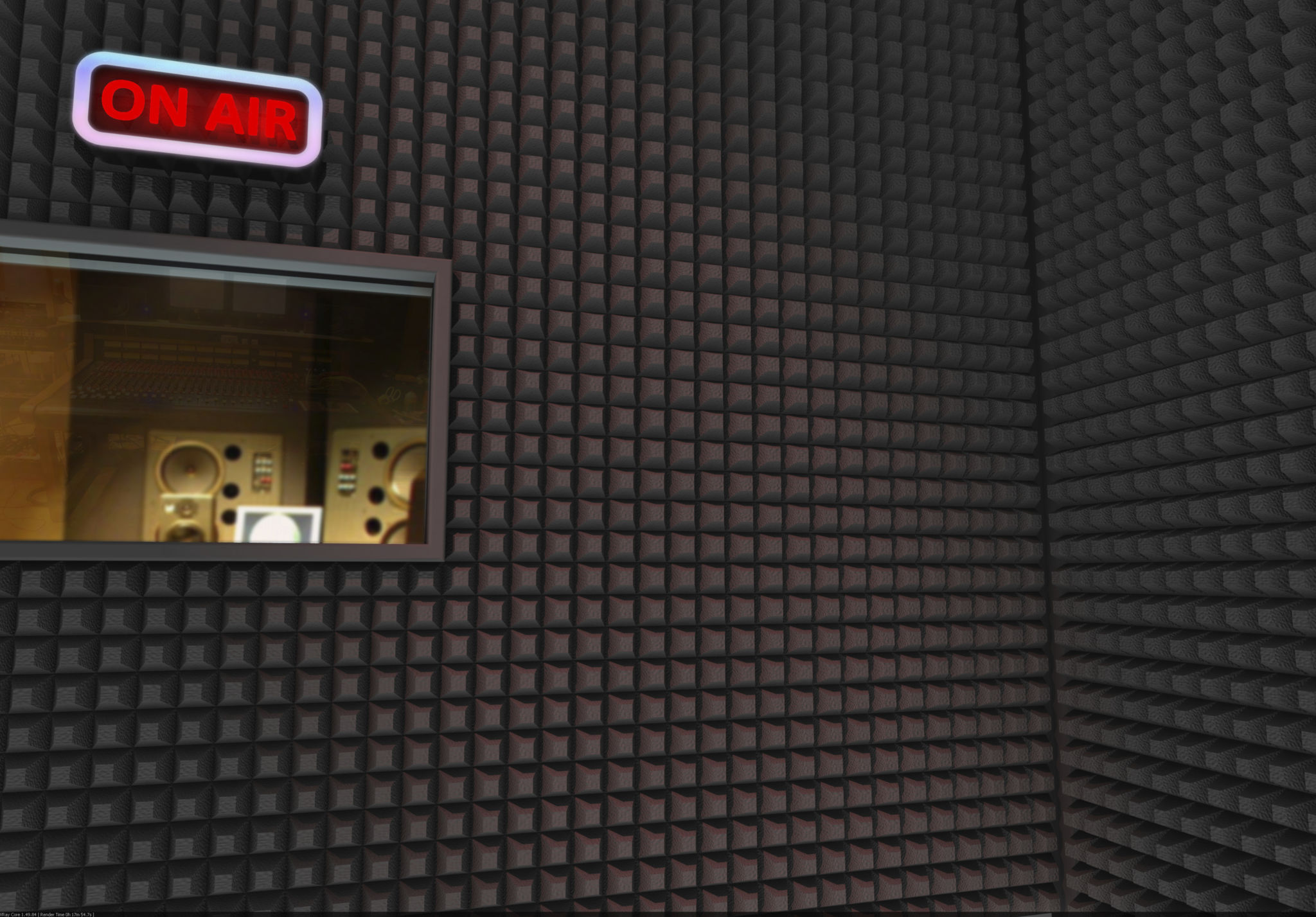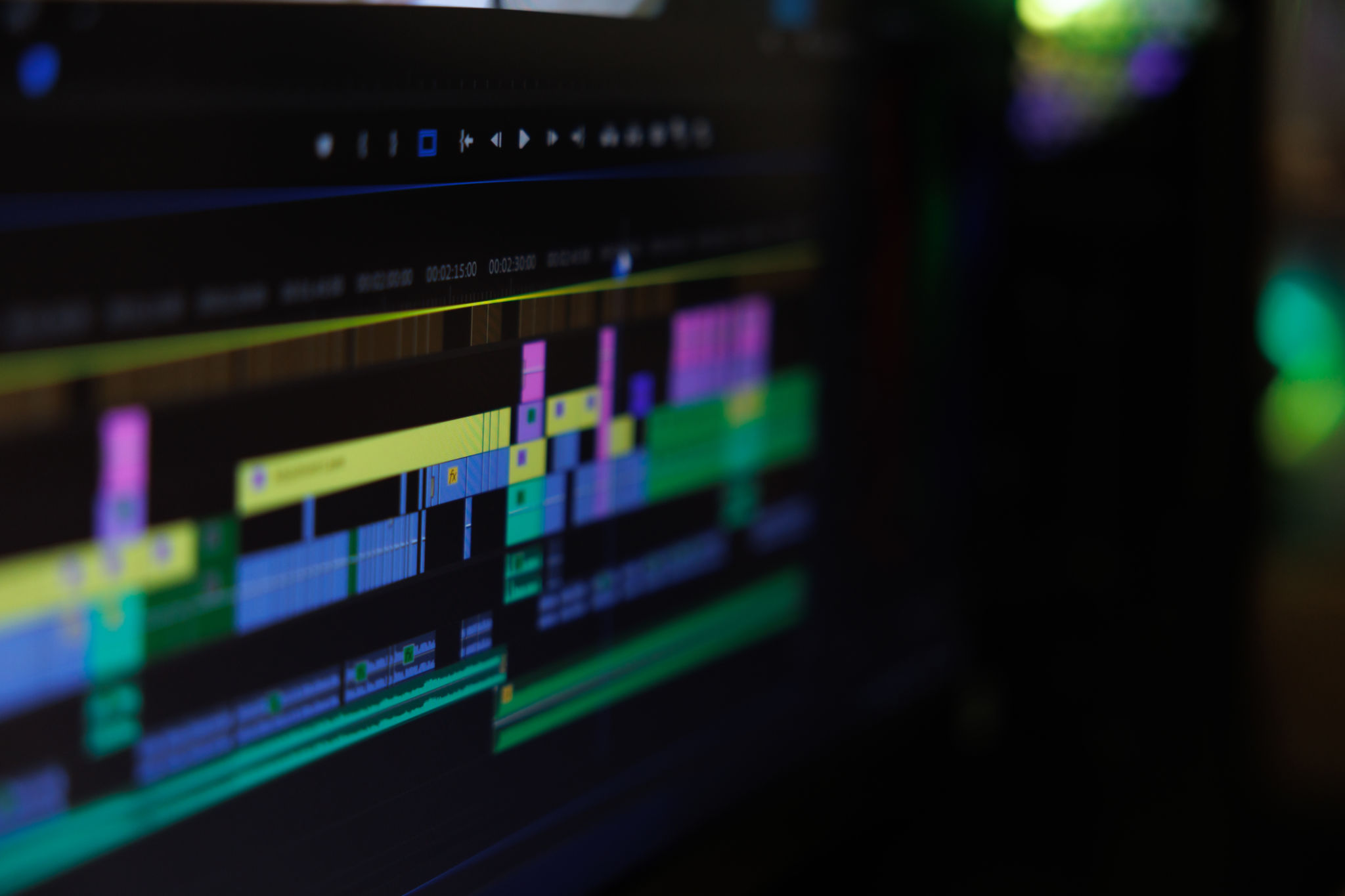How to Prepare Your Tracks for Professional Mastering
Understanding the Importance of Preparing Your Tracks
Before you send your music off for professional mastering, it's important to understand why preparation is crucial. Mastering is the final step in the audio production process, and it's where your track gets polished to perfection. Proper preparation ensures that the mastering engineer can work their magic without any technical issues. This step can make the difference between a good track and a great one.
By preparing your tracks, you are essentially giving them the best chance to shine. This process involves various checks and balances to make sure everything is in order, and no unwanted elements are present. Think of it as tidying up before inviting someone into your home. The cleaner and more organized your track is, the better the results will be.

Check Your Levels
The first step in preparing your tracks for mastering is to check your levels. Make sure that none of your tracks are clipping. Clipping occurs when the audio signal exceeds the maximum level that a system can handle, which results in distortion. Distorted tracks can severely limit what a mastering engineer can do, so it's crucial to ensure that all levels are within a reasonable range.
It's often recommended to leave some headroom in your mixes. This means allowing for some space between the highest peak of your audio and 0 dB, typically around -6 dB. This headroom gives the mastering engineer the flexibility they need to enhance your track without introducing distortion or other unwanted artifacts.
Organize Your Session
Another important aspect of preparing your tracks is organizing your session. Ensure that all your files are labeled correctly and organized in a way that makes sense. This includes naming each track appropriately and removing any unnecessary audio files or versions of your song that won't be needed for mastering.

Consider rendering or bouncing your tracks to a single stereo file if you haven't done so already. This is typically what most mastering engineers will require. Be sure to include any specific instructions or notes you might have about how you want the final product to sound.
Edit Out Unwanted Noise
Unwanted noise can be a distraction and can detract from the quality of your final track. Before sending off your mix for mastering, take the time to listen through each track carefully and edit out any noise that might have been picked up during recording, such as clicks, pops, or hums.
Pay special attention to the beginning and end of each track, as this is where unwanted noise often accumulates. A clean, noise-free track allows the mastering engineer to focus on enhancing the audio's best qualities without being bogged down by imperfections.

Provide Reference Tracks
When preparing for mastering, it can be helpful to provide reference tracks to the engineer. Reference tracks are professionally mastered songs that have a sound you admire or want to emulate. They serve as a guide for the mastering engineer to understand your vision and preferences.
Choose reference tracks that are within the same genre or style as your music. This will give the engineer a clear idea of the sonic qualities you are aiming for, such as tonal balance and loudness level, ensuring they deliver a product that aligns with your expectations.
Communicate Your Vision
Finally, effective communication with your mastering engineer is key to achieving the desired outcome. Share any specific ideas or concerns you might have about how you want the final product to sound. Whether it's maintaining a certain dynamic range or achieving a particular warmth in the audio, clear communication helps the engineer tailor their approach to meet your needs.
Remember, mastering is a collaborative process, and providing detailed feedback will only enhance the quality of the final product. With these preparation steps in mind, you'll be well on your way to having professionally mastered tracks that truly stand out.
